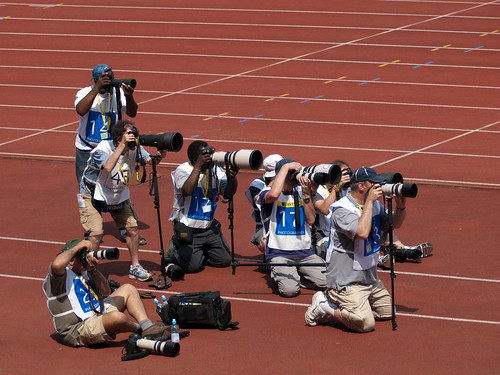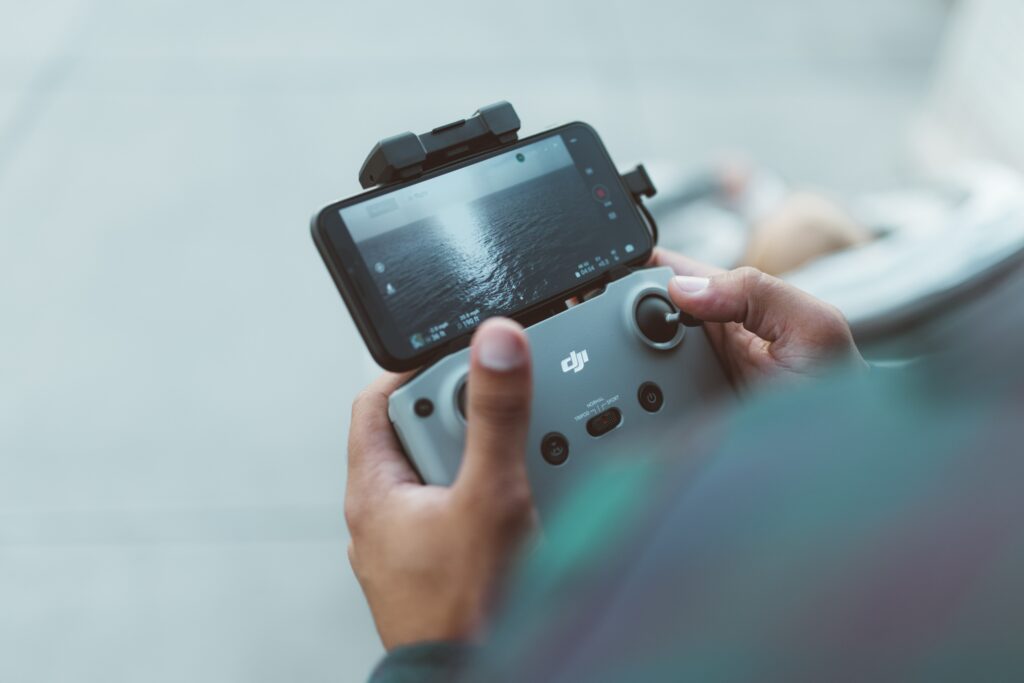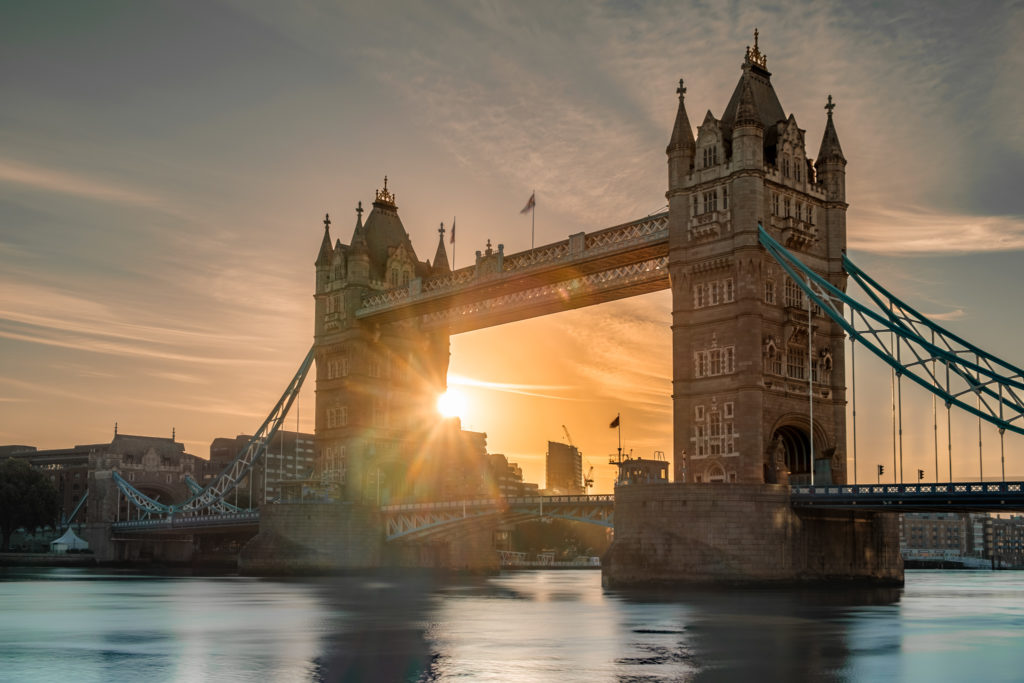A topic we have been wrestling with covering here on Light Stalking is that some photographers just seem to do better than other photographers in terms of recognition even when there is no great difference in technical skill or talent. Some photographers just seem to get all the breaks.
A lot of the reason for that, it seems on the surface, is that those photographers seem to have an innate ability to be at the right place at the right time or know the right people. As Chase Jarvis succinctly put it in a recent piece on his site, Socially Connected Creatives Make More Money, Have More Success. Now, obviously in this context success is defined as professional success – financial rewards, accolades, peer and public recognition etc, so the reasons for that success are worth exploring if you are wondering how to do a little better in that area.
Chase's post stemmed from an article written by well-know author Richard Florida (PhD, Columbia and Senior Editor at The Atlantic) who wrote “Rise of the Creative Class” and whose general view on success among creatives such as photographers can be partially summed up in this quote:
“Highly developed social skills … including persuasion, social perceptiveness, the capacity to bring the right people together on a project, the ability to help develop other people, and a keen sense of empathy…are quintessential leadership skills needed to innovate, mobilize resources, build effective organizations, and launch new firms. They are highly complementary to analytic skills [read: your technical abilities as a photographer]…and indeed, the very highest-paying jobs usually require exceptional skill in both realms.” – Richard Florida (in brackets by Chase Jarvis).
The Socially Connected Photographer
In the context of photography, successful photographers have good skills in two areas:
- photographic technique
- social and organisational skills
Now the technique part of it is pretty straight forward. That basically comes down to knowing and continuing to learn photographic theory and then going out and shooting (practicing) a lot.
But how many photographers work on the social element? What does it even mean?
For Richard Florida (or Chase Jarvis for that matter) it would seem to mean that successful photographers often have that personal element that allows them to organise larger photographic projects, reach out to relevant people online and off, persuade others of their ability as well as helping other people. All of this helps them to also get in front of a larger audience too.
And when you think of well known photographers, it's easy to see that the vast majority are very good at all of that.
The Example of Famous Photographer, Minor White
Let's look at the example of one of America's most famous photographers of the 20th century – Minor White.
Clearly his technical photographic skill was second-to-none. But what of his ability to excel in the areas Richard Florida says create more success among creatives?
We know that his early friends included other amazing photographers such as Ansel Adams, Dorothea Lange, Edward Weston and Alfred Steiglitz. We know that Adams invited him to be part of America's first Fine Art Photography Department at the California School of Fine Arts. We know that he came up with the idea for Aperture Magazine (one of the most influential photography magazines of the 20th century) and that he collaborated on that project with fellow photographers Dorothea Lange, Ansell Adams and Barbara Morgan as well as photography critic Nancy Newhall and curator, Beaumont Newhall. We know that he collaborated on many other publishing projects with other photographers. And we also know that these projects all served to get his photography and expertise in front of large audiences. And concurrently to all of this, his reputation as one of America's greatest photographers was established.
In effect, it is very clear that Minor White had the “quintessential leadership skills needed to innovate, mobilize resources, build effective organizations, and launch new firms.” (On a side note, it's also clear that the other photographers around him such as Ansel Adams and Dorothea Lange had a similar set of skills).
What Does That Mean for the Modern Photographer?
Photographers today face a lot of challenges that didn't exist in White's day. On the other hand we also have vastly more opportunities. White would have been in paradise had he had the reach for his magazine that is afforded to everyone by the internet. It is easier than ever to make contact with a massive array of talented photographers. Organising projects (even across vast distances) is simpler than it ever was. Helping others is also made that much easier by the faster communications enabled by 21st century technology.
It's also not too difficult to see that some modern photographers are taking advantage of this. Names such as Scott Kelby, Chase Jarvis, David Duchemin and Mitchell Kanashkavich spring to mind as photographers who are taking advantage of modern technology and opportunities to become “socially connected” photographers and are getting great accolades in the meantime. Opportunities that Minor White would have dreamed of.
These opportunities are there for the taking for those photographers who will reach out and grab them.
What are you doing to develop your social side that will get you the recognition you deserve as a photographer?








15 Comments
Excellent piece! Thank you.
very interesting read!
Great info, thought I suffer from a constant fear of asking people to get together. I hope to get over it some day.
This is a good article. I’m one of those people who don’t know how to self promote. Preparing photos for exhibit is expensive. Getting people to find your website is almost impossible.
Would love to see more articles that address this topic.
This is an excellent post! Surrounding yourself with those who have a common interest in the arts is a must. I wonder how many successful photographers skipped art school and took marketing instead?
Just sayin’ 🙂
Chris
Intriguing – I’ve just been having this conversation with a fellow small time photog.
I don’t have the answer but unless Minor White was a rampant self-publicist then I’m not convinced he would have got on so well in the modern age.
Your article is a bit at cross-purposes though…. on the one hand you talk about being in the right place at the right time which Minor White clearly was but then makes the jump in logic to him being a leader & organiser without any proof of the same.
Equally looking at the 4 modern photogs you list shows me that all 4 of them have Google+ profiles and only 2 are actively using them.
As folks like Colby Brown or Trey Ratcliff who actively use G+ and pursue ideals and projects via the public on G+ your article also doesn’t ring true.
Talent will shine through and it is that which is required to sustain a successful photog in a career. Though a cynical friend of mine that does ‘ok’ from photography tells me that as a career it is dead.
Great Article! Getting yourself out there and connected is a must theses days but I think the ways to do so are just emerging and that many innovative people will come up with new connectivity concepts and ideas in a close future. The really interesting question is not only how we do it now but how it will be done in the future.
I think with this article you’ve hit the nail on the head. If your not or can’t connect with people you won’t go anywhere.
The best way of getting famous in your town is to get your images exhibited for free in places like restaurants. You get them exhibited by telling the owner that you’ll call everyone in the images to tell them their photo is on display. Those people will then go and have a look and use the restaurant (or wherever) while they looking. Remember to always get release forms first.
Professional photographers are salesmen and self-promoters, first and foremost.
Photography skill is a pretty distant second.
To reach stardom you need to have all 3, but to be successful local pro, it’s all about networking and getting referrals.
While getting “social” can be helpful if handled correctly, it certainly requires a plan and some basic knowledge. Without that it is just too easy to be connected, to no purpose. And far too easy to get sidetracked with things other than your photography.
Build a plan first.
Hello. Can you clarify to me.How does your camera white balance in the studio?
thank you.Hamid
Hello. Can you explain to me.How does your camera white balance in the studio?
thank you.Hamid
I’m pretty social, in general, but I find, that with a camera in hand, I’m more social. I’m more apt to ask someone if I can take their photo and people are more apt to open up to and be comfortable with me.
I am a beginning novice who just happens to be almost ready to retire from one career. I am just starting with photography as a hobby. What chances do I have in being someone who can get good enough to make a little money with the competition you speak about? I really like taking photos but this aspect is very intimidating.